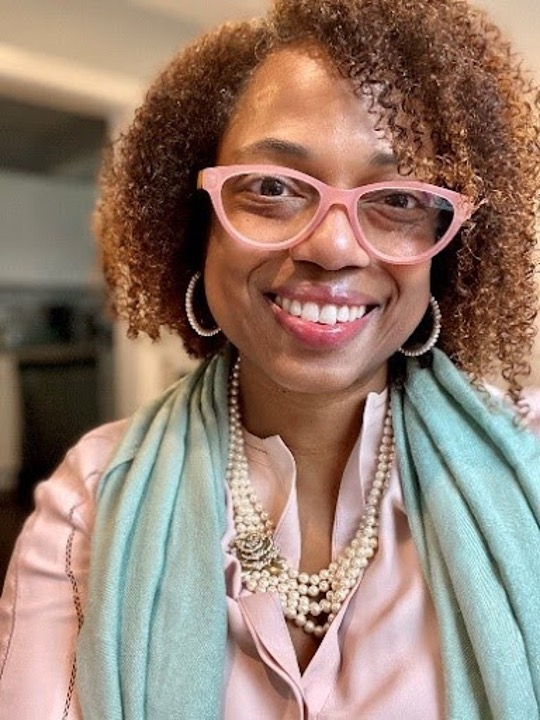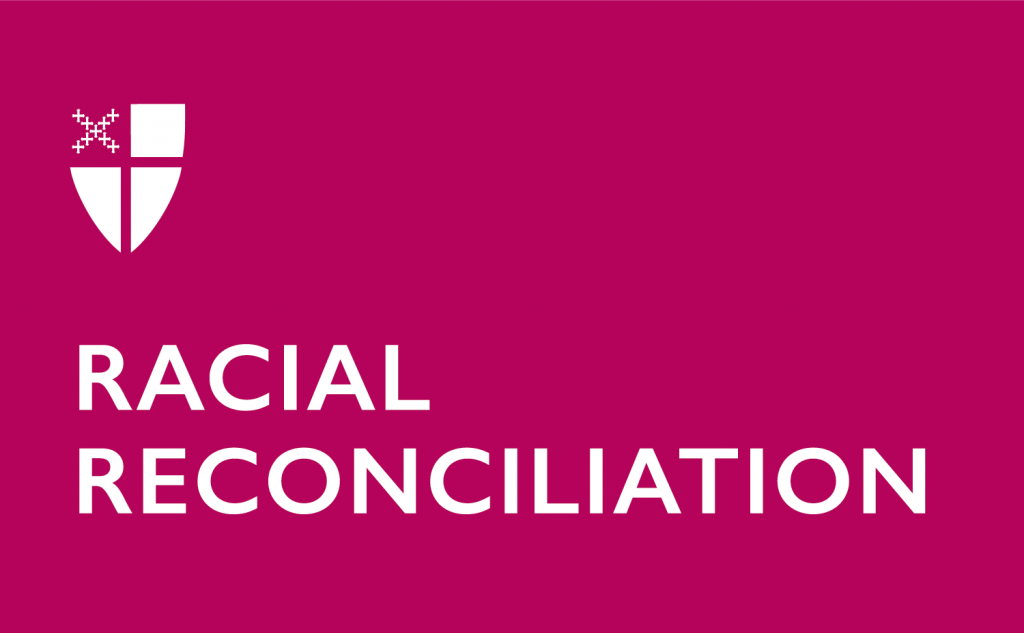The Sacred Act of Protecting the Vote
By the Rev. Melanie Mullen, Director for Reconciliation, Justice and Creation Care

In my grandmother’s big Bible—you know the BIG ONE that many grandmas have—she had a manila folder filled with mimeographed pages of “Get Out the Vote” lists. There were the names and addresses of neighbors in the segregated side of town, rich and poor, who needed her support and friendship to get to the polls. This praying woman’s faith led her to protect her neighbors and their right to vote.
Unfortunately, even in 2022, long after the Civil Rights movement, we still need to prayerfully, faithfully help reduce barriers to the ballot box. New Jim Crow strategies for voter suppression now prevent registration drives and make it more difficult to register to vote. Today 10% of Native Americans, 15% of Latinos, 7% of Asians, and 20% of African Americans experience racial discrimination when trying to vote or participate in politics (Harvard School of Public Health, Robert Wood Johnson Foundation).
The most vulnerable among us are constantly hobbled on their path to full citizenship. For instance, felony conviction disenfranchisement is one of the most powerful tools for denying the vote to 6 million mostly Black citizens, many of them already targeted in the so-called war on drugs. Despite the 24th Amendment ban on poll taxes, Florida enacted a modern-day version that prevents former felons who still owe court fees or fines from voting.
Protecting vulnerable voters at polling sites on Nov. 8 is still a sacred act. The Episcopal Church remains committed to interfaith coalitions like Faiths United to Save Democracy, Lawyers and Collars, Turn Out Sunday.com, Voting for Creation Care Values, and others that stand with neighbors in the pastoral work of protecting the vote. Additionally, the Office of Government Relations has tools for engaging elections for Episcopalians: Civic Engagement – The Episcopal Church and Episcopal Election Activators.
Prior to the last presidential election, The Episcopal Church hosted an online poll chaplains training to equip Episcopal leaders to offer a prayerful presence at the polls. Episcopal poll chaplains often found that just by wearing collars or robes, a hat or a neck sign, their presence at polling sites was an important deterrent to some who might have been planning to instigate violence or to intimidate voters.
As the midterms approach, anyone can be a poll chaplain, not only serving as a non-anxious presence at the polling sites, but also witnessing as community leaders dedicated to “tikkun olam”—healing the world.
Learn more by watching the poll chaplains training video and get connected with local poll chaplains and our partners where you live.

